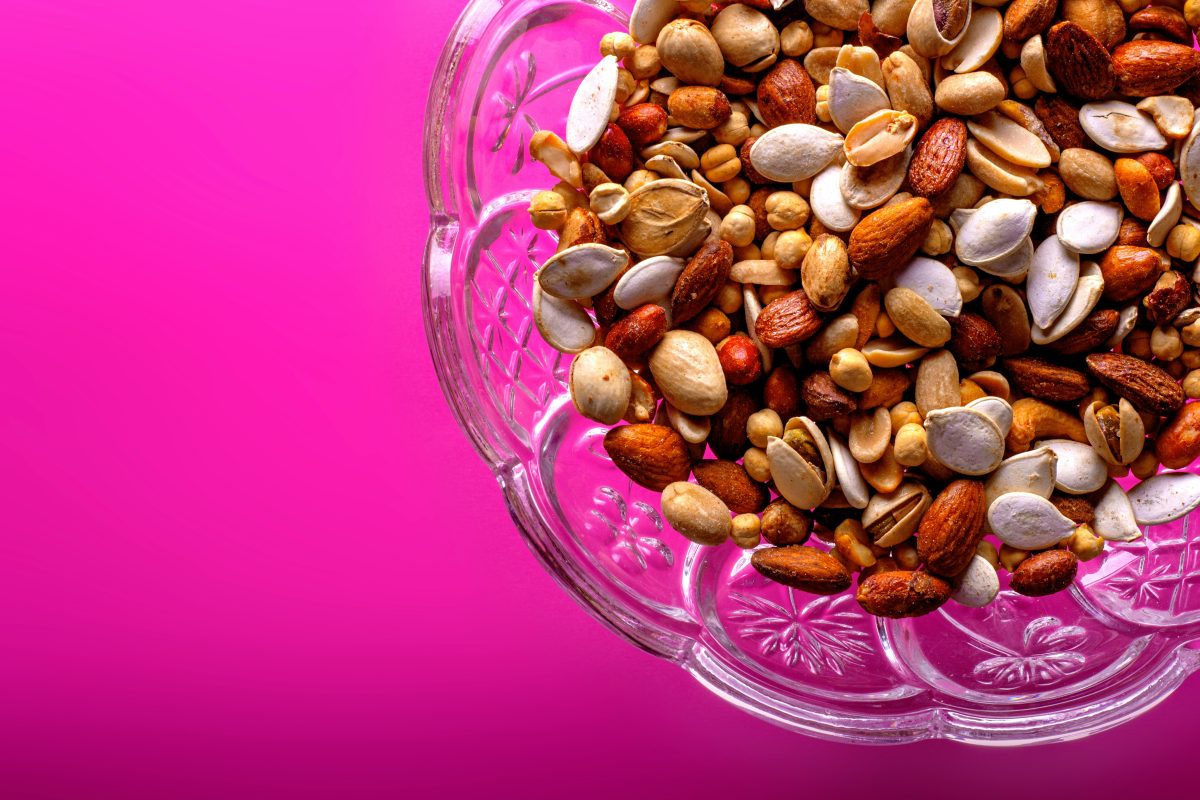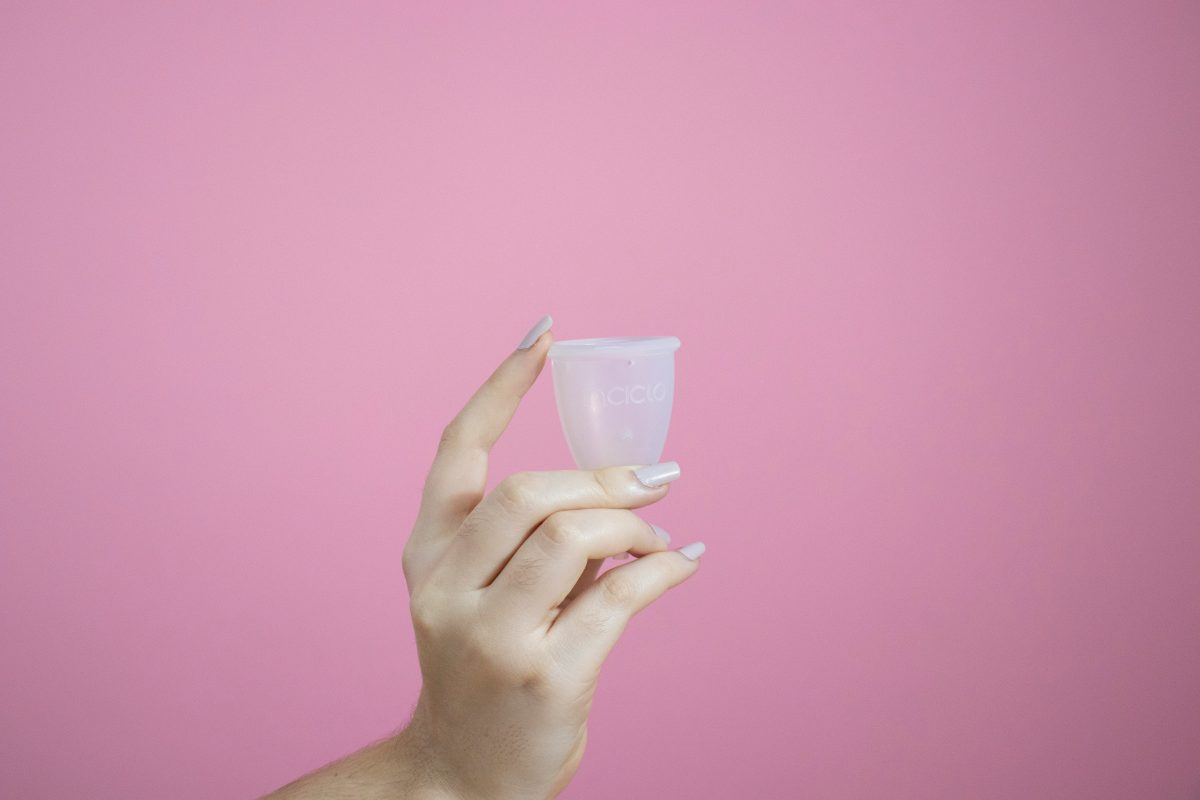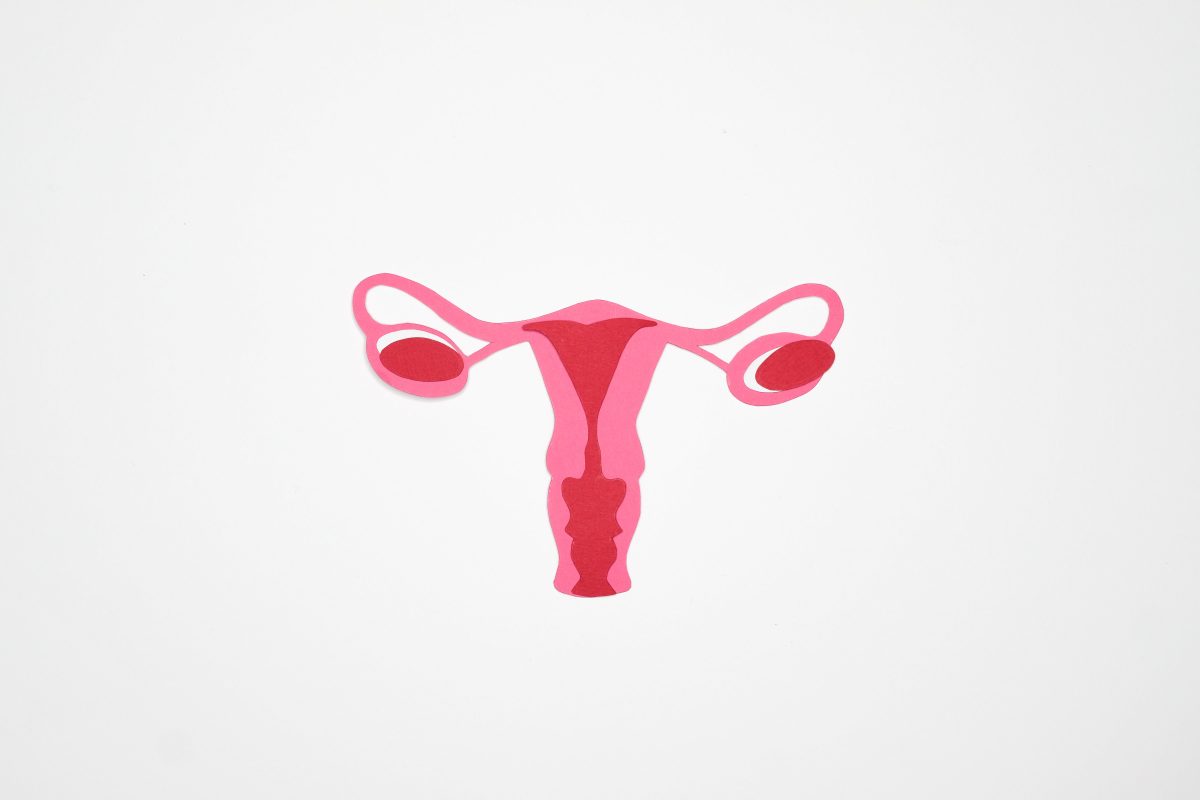Understanding PMDD (Premenstrual Dysphoric Disorder) and Natural Treatment Approaches
Premenstrual Dysphoric Disorder (PMDD) is a severe form of premenstrual syndrome (PMS) characterized by intense emotional and physical symptoms that significantly impact a woman’s life. While PMDD shares similarities with PMS, the severity and nature of symptoms distinguish it as a distinct and more debilitating condition. This comprehensive guide explores PMDD, its symptoms, potential causes, conventional treatments, and natural approaches that may offer relief to those affected.
What is PMDD? PMDD is a condition marked by severe mood disturbances and physical symptoms that occur in the luteal phase of the menstrual cycle, typically in the two weeks before menstruation begins. The symptoms subside soon after the onset of menstruation. PMDD is estimated to affect around 3-8% of menstruating individuals, and its impact can be profound, affecting relationships, work, and overall quality of life.
Symptoms of PMDD: PMDD symptoms encompass a range of emotional and physical manifestations, and their severity can vary from person to person. Common symptoms include:
Emotional Symptoms:
- Intense mood swings
- Severe depression
- Anxiety or tension
- Irritability or anger
- Difficulty concentrating
- Feelings of being overwhelmed
Physical Symptoms:
- Fatigue or lack of energy
- Changes in sleep patterns
- Appetite changes or food cravings
- Breast tenderness or swelling
- Joint or muscle pain
- Headaches
Potential Causes of PMDD: The exact cause of PMDD is not fully understood, but several factors may contribute to its development:
Hormonal Fluctuations:
- Hormonal changes during the menstrual cycle, particularly in estrogen and progesterone levels, are believed to play a role in triggering PMDD symptoms.
Neurotransmitters:
- Changes in neurotransmitter levels, such as serotonin, may influence mood and contribute to PMDD symptoms.
Genetic Factors:
- A family history of PMDD or mood disorders may increase the likelihood of developing PMDD.
Sensitivity to Hormones:
- Some individuals may be more sensitive to hormonal fluctuations, leading to exaggerated symptoms.
Diagnosis of PMDD: Diagnosing PMDD involves a comprehensive evaluation of symptoms and their impact on daily life. The following criteria, outlined in the Diagnostic and Statistical Manual of Mental Disorders (DSM-5), are considered for a PMDD diagnosis:
- Presence of at least five mood and physical symptoms. b. Symptoms occur in the luteal phase, ceasing within a few days of menstruation. c. Symptoms significantly interfere with daily life and relationships.
Conventional Treatments for PMDD: Conventional treatments for PMDD often involve a combination of pharmacological and therapeutic approaches:
Antidepressants:
- Selective serotonin reuptake inhibitors (SSRIs) and serotonin-norepinephrine reuptake inhibitors (SNRIs) are commonly prescribed to alleviate mood symptoms.
Hormonal Treatments:
- Hormonal interventions, such as oral contraceptives or GnRH agonists, aim to regulate hormonal fluctuations and may help manage symptoms.
Counseling or Psychotherapy:
- Cognitive-behavioral therapy (CBT) or other forms of counseling can provide support and coping strategies for managing emotional symptoms.
Lifestyle Changes:
- Implementing healthy lifestyle practices, such as regular exercise, adequate sleep, and stress management, may contribute to symptom relief.
Natural Approaches for PMDD Treatment: Several natural approaches and lifestyle modifications may complement conventional treatments or be considered as alternatives for managing PMDD symptoms:
Dietary Changes:
- Adopting a balanced diet with an emphasis on whole foods, rich in fruits, vegetables, and whole grains, may support overall well-being.
Omega-3 Fatty Acids:
- Incorporating omega-3 fatty acids from sources like fatty fish, flaxseeds, and walnuts may have anti-inflammatory effects and potentially alleviate mood symptoms.
Vitamin and Mineral Supplementation:
- Certain vitamins and minerals, including B vitamins, magnesium, and calcium, may play a role in mood regulation. However, supplementation should be individualized and monitored.
Herbal Supplements:
- Some individuals find relief with herbal supplements like chasteberry (Vitex agnus-castus) or evening primrose oil, although evidence is limited, and consultation with a healthcare professional is advised.
Regular Exercise:
- Engaging in regular physical activity has been associated with improved mood and reduced symptoms of depression and anxiety.
Stress Management Techniques:
- Practices such as meditation, deep breathing exercises, or yoga can help manage stress, which may contribute to symptom exacerbation.
Acupuncture:
- Some individuals report benefits from acupuncture in managing PMDD symptoms, although research on its effectiveness is ongoing.
Individualized Approach and Professional Guidance: It’s essential to recognize that what works for one individual may not work for another. An individualized approach, considering the unique circumstances and preferences of the person experiencing PMDD, is crucial. Moreover, professional guidance from healthcare providers, including gynecologists, psychiatrists, and nutritionists, is fundamental in navigating treatment options and ensuring safety.
Conclusion: PMDD presents a significant challenge to those affected, impacting various aspects of their lives. While conventional treatments play a crucial role, natural approaches and lifestyle modifications offer additional avenues for symptom management and improvement in overall well-being. Recognizing the multifaceted nature of PMDD and embracing a comprehensive approach that combines conventional and natural strategies allows individuals to explore a range of options tailored to their unique needs. As research continues, the understanding of PMDD and its management will likely evolve, offering hope for enhanced therapeutic approaches and improved quality of life for those affected by this challenging condition.
We hope you found the information provided by Thera-Mineral valuable and insightful. At Thera-Mineral, we are dedicated to offering high-quality supplements to support your health and well-being.
If you have any further questions, need additional information, or would like to explore our range of supplements, please don’t hesitate to reach out. You can contact us at our office located at 25216 Grogan’s Park Dr. Suite A, The Woodlands, TX 77380. Our friendly team is ready to assist you by phone at 855-472-2569 or via email at support@theramineral.com.
For your convenience, most supplements are available on our website, theramineral.com. However, if you don’t find a specific product on the site, our dedicated staff can help you place an order, and we’ll ensure it’s delivered to your place of choice.
We appreciate your trust in Thera-Mineral, and we look forward to being a reliable partner on your journey to optimal health. Thank you again for being part of our community!





























